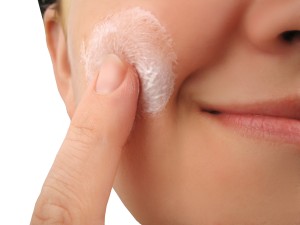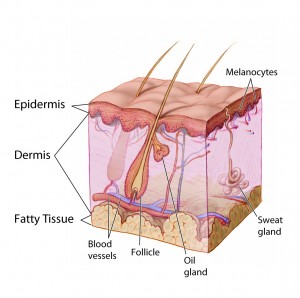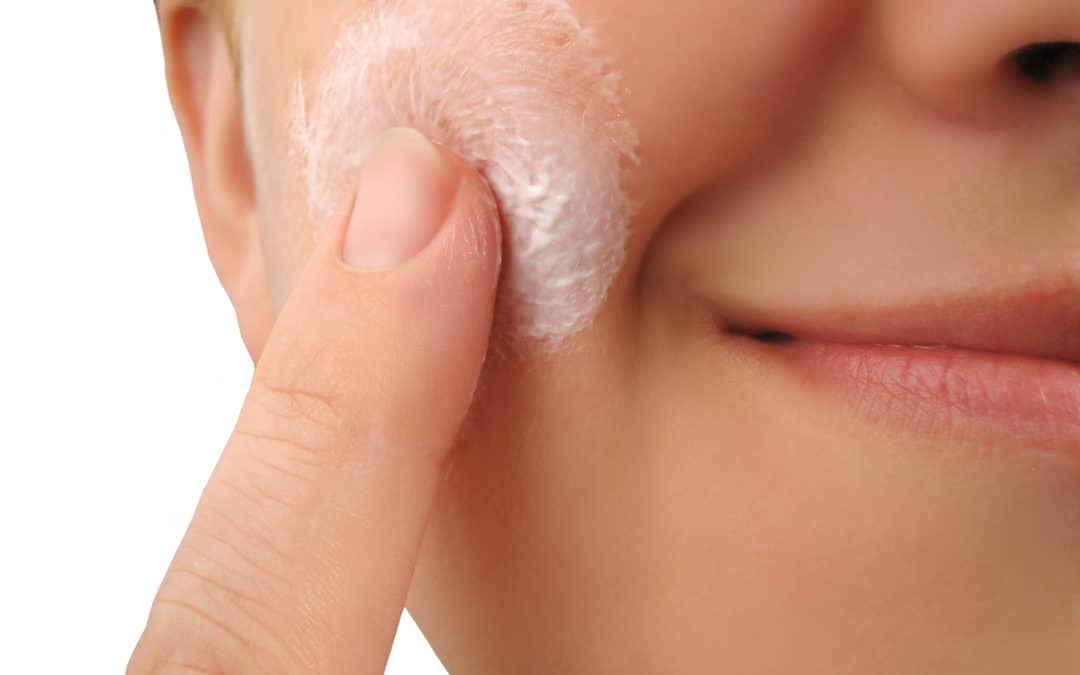 We often think of our organs as inside of us, tucked safely away from harm. If you didn’t know, your skin is an organ, and it is the largest one you have. In that case, it’s pretty important and needs special care so that it can do its job well and protect all the other organs we have!
We often think of our organs as inside of us, tucked safely away from harm. If you didn’t know, your skin is an organ, and it is the largest one you have. In that case, it’s pretty important and needs special care so that it can do its job well and protect all the other organs we have!
If we’re honest, most of us don’t treat our skin very well, and many of us probably can’t remember the last time we had a good loofah scrub!
According to bioderma.com, the skin has three basic roles:
1 – PROTECTION – It protects the body from mechanical, physical, chemical or microbial attack from the outside environment because of its impermeability, strength and flexibility.
2 – TRANSMISSION – It transmits information between the body and the outside world through its many nerve endings which receive tactile, thermal and pain stimuli.
3 – EXCHANGES – It is involved in complex mechanisms such as body temperature regulation (by eliminating heat and evaporating the sweat secreted by sweat glands as well as eliminating harmful substances) and synthesis of vitamin D which is essential to bone growth.
The skin is immensely important to every other function of the body. You could literally say it is the organism that holds us together. There are differences between us, however, and essentially it is between the sexes where most of the differences exist.
US News/Health reports that though men and women have similar skin, some gender differences leave women at a distinct disadvantage. “Perhaps in an evolutionary throwback to a time when women nested while their hunter-gatherer men braved the outdoors, women’s skin is less prepared to brace the elements, being thinner than men’s and less oily. Since thinner, drier skin is more prone to damage from the sun or the smoke of cigarettes, women so exposed are more apt to wrinkle. Women also sweat less than men do and are thus more likely to suffer heat stroke. . . Sex hormones shape skin, too. Estrogen increases collagen and skin moisture and promotes wound healing, while testosterone stimulates oil production and facial hair.” They go on to state that when women go through menopause, the loss of sex hormones causes crow’s feet because estrogen-deprived skin thins, loses collagen, and slows down its cell renewal. It looks like women get the short end of the deal overall, and we women are pretty concerned with our skin!
 So now that you know there are reasons for our struggle with this all important organ called “skin,” you see why it’s important to take care of it now, whether you are younger, middle age, or in your older years.
So now that you know there are reasons for our struggle with this all important organ called “skin,” you see why it’s important to take care of it now, whether you are younger, middle age, or in your older years.
What’s your daily struggle with your skin?




Recent Comments